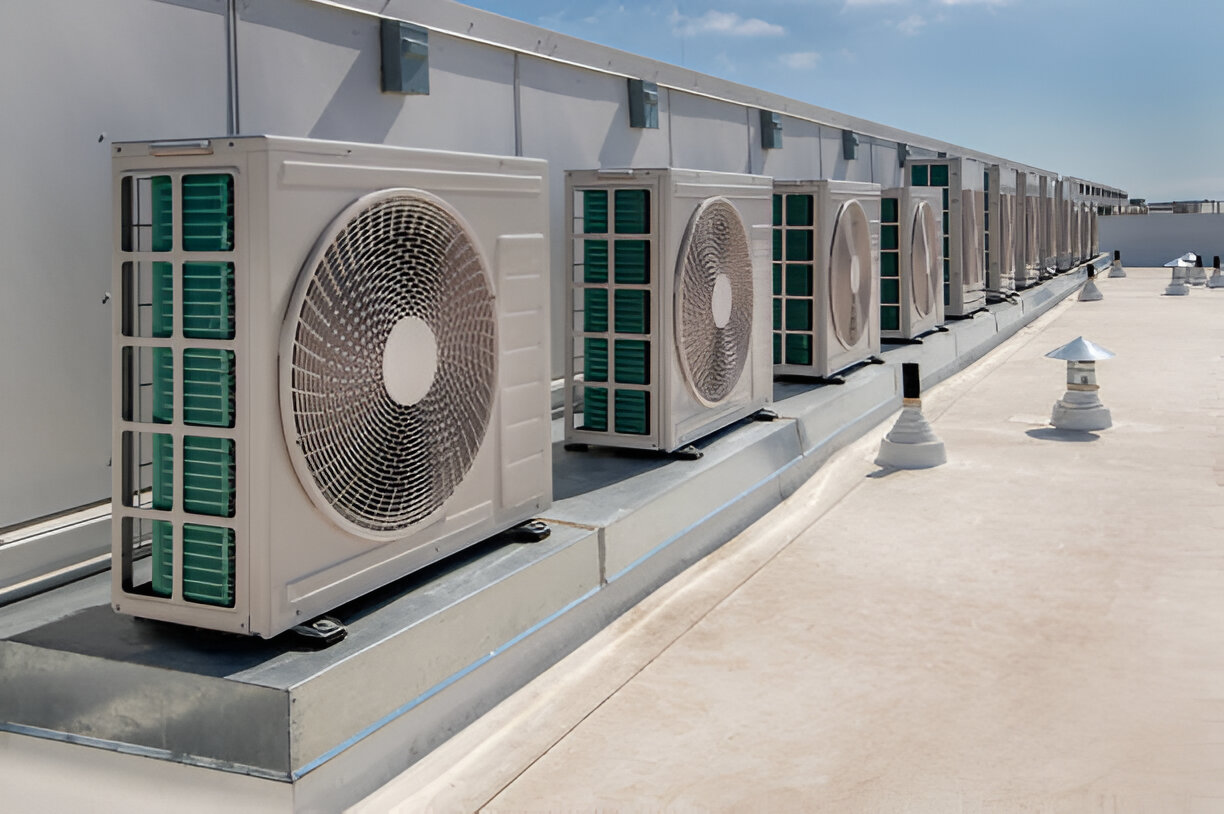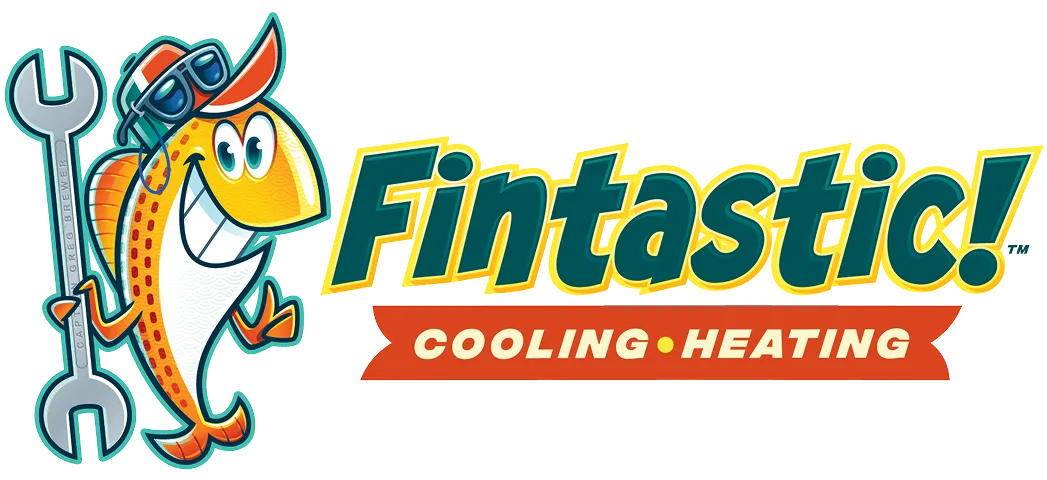Emergency HVAC Services in Galena Park, TX
Emergency HVAC Services in Galena Park, TX
When your heating or cooling stops working unexpectedly, the consequences in Galena Park, TX can be immediate and serious. With long, humid summers and occasional severe storms, a broken air conditioner or malfunctioning furnace is not just uncomfortable — it can create health risks, property damage, and operational downtime for businesses. Emergency HVAC services provide rapid, expert response around the clock to diagnose problems, implement safe temporary measures, and restore reliable operation as quickly as possible.

Why 24/7 emergency HVAC response matters in Galena Park, TX
Galena Park experiences high summer temperatures and humidity that place heavy, continuous strain on HVAC systems. Extended runtime increases the risk of compressor failures, refrigerant leaks, and electrical faults. Storm season can also bring power surges, fallen debris, or water intrusion that cause sudden breakdowns. For families with infants, elderly residents, or people with medical needs, and for commercial operations that rely on climate control, rapid emergency service prevents escalation into more costly or dangerous situations.
Common emergency HVAC issues in Galena Park, TX
- Complete system failure: Unit does not turn on or cycles off immediately after starting. Common causes include electrical faults, failed capacitors, or control board problems.
- No cool or no heat: Indoor temperature not reaching setpoint despite system running; often due to refrigerant loss, compressor failure, or blocked airflow.
- Refrigerant leaks: Signs include reduced cooling, hissing noises, or ice on evaporator coils. Leaks require EPA-compliant handling and prompt repair to avoid system damage.
- Compressor or motor failure: Burning smells, loud banging, or a humming unit that fails to start are typical indicators.
- Electrical issues and tripped breakers: Frequent tripping or blown fuses can indicate short circuits, bad capacitors, or unsafe wiring.
- Storm-related damage: Flooding, outdoor unit displacement, or debris ingress after storms that compromise safety or function.
- Indoor air safety concerns: Carbon monoxide risk from gas furnaces, or sudden odors indicating electrical burning or refrigerant escape.
What to expect during an emergency call
- Rapid triage over the phone: Technicians will ask targeted questions about symptoms, system type, and any safety concerns to prioritize the response.
- Typical response windows: For calls originating in Galena Park, on-call technicians aim to reach emergency calls promptly. Response times vary with weather and call volume; expect faster response for life-safety issues and priority scheduling for households with vulnerable occupants.
- Technician arrival and inspection: On arrival the technician conducts a visual and operational inspection, checks power sources, thermostat settings, filters, control boards, and safety devices to isolate the cause.
- Documentation and options: After diagnosis, technicians explain immediate risks, available temporary mitigations to restore safe operation, and the recommended path to a full repair.
Diagnostic steps and temporary mitigation measures
Technicians follow a methodical process to identify and stabilize problems while prioritizing safety and comfort:
- On-site diagnostics
- Confirm power and thermostat signals.
- Inspect air filters, blower operation, and duct airflow.
- Test electrical components, capacitors, and contactors.
- Measure refrigerant pressures and check for visible leaks.
- Evaluate compressor and fan motors for mechanical issues.
- Temporary mitigation
- Reset breakers or control systems when safe to do so.
- Replace heavily soiled filters to restore airflow.
- Bypass or isolate damaged zones to maintain partial climate control.
- Shut down equipment and isolate gas if combustion safety is compromised.
- Implement temporary duct sealing, drainage clearing, or condensate pan pumps to prevent water damage.These temporary measures are designed to stabilize your system until full repairs or parts replacement can be performed.
Parts availability and after-hours service handling
On-call emergency technicians typically carry a selection of common replacement parts and diagnostic tools to allow many repairs to be completed during the initial visit. When specialized parts are required, temporary fixes are used to keep systems safe and functional until full replacement parts are available. After-hours emergency calls are routed to trained on-call personnel who document all work and coordinate follow-up scheduling for permanent repairs and parts installation. Work completed during after-hours is recorded thoroughly so the next service visit can proceed without delay.
Safety protocols for urgent situations
Safety is the highest priority when responding to HVAC emergencies. Protocols include:
- Immediate isolation of gas appliances and ventilation if combustion safety is suspect.
- Shutting down electrical power when catastrophic electrical faults are detected.
- Containing suspected refrigerant release and following EPA-approved recovery procedures.
- Using personal protective equipment and safe handling procedures around damaged equipment and water intrusion.
- Clear documentation of observed hazards and recommendations for safe occupancy or temporary shutdowns.Technicians responding to emergencies follow current codes and best practices to protect occupants and property.
Benefits of timely emergency HVAC response
- Reduces risk of property damage from water, mold growth, or heat-related issues.
- Protects health by restoring safe indoor temperatures and addressing combustion or refrigerant hazards.
- Minimizes downtime for businesses that depend on climate control.
- Prevents minor faults from turning into major, more expensive failures by addressing root causes quickly.
- Preserves equipment life by avoiding prolonged operation under strain.
Preventive steps to reduce emergency risk in Galena Park homes
- Replace or clean air filters regularly to maintain airflow and efficiency.
- Schedule seasonal maintenance before peak summer heat and cooler winter months.
- Keep the outdoor condenser free of debris and shaded where practical to reduce stress.
- Install surge protection to guard against power-related failures during storms.
- Monitor for unusual noises, odors, or performance changes and address them early.
- Consider a professional inspection after significant storms or flooding.
Emergency HVAC issues are rarely convenient, but knowing what to expect and how technicians prioritize safety, diagnostics, and temporary mitigation can make urgent situations far less disruptive. In Galena Park, where heat, humidity, and storm risks increase demand on HVAC systems, prompt, knowledgeable emergency response protects your home, family, and business while restoring comfort and safety as efficiently as possible.
Customer Testimonials
Our customers praise our exceptional service and attention to detail, consistently exceeding expectations.































































